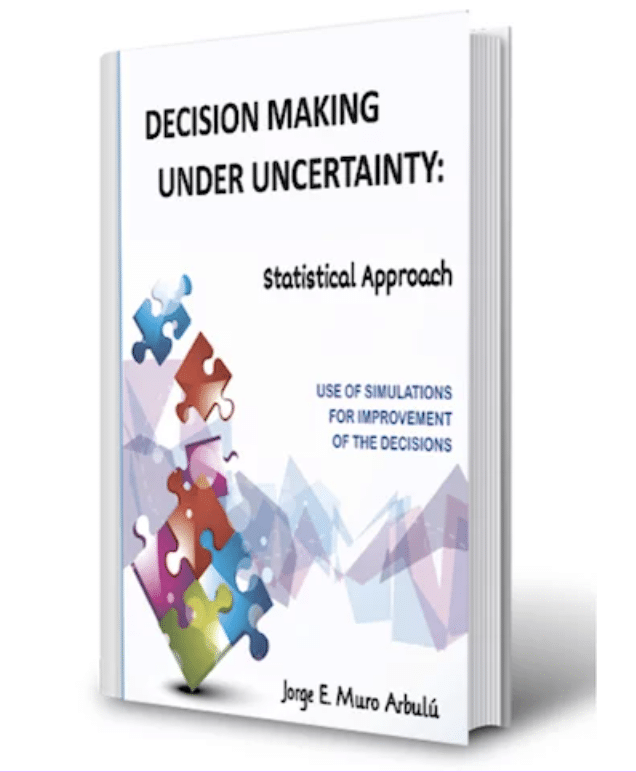Analytica > Modeling tips & tricks > Page 2
Modeling tips & tricks
Learn from our team of modeling experts and the decision analysis community on best practices for model building. Here you will find information about Analytica, as well as general tips and tricks. Topics include how to go about structuring a complex problem, how to analyze models using sensitivity and scenario analysis, and tips on selecting graphs and maps to provide clearer insights. Overall we want to guide you and your organization to be better decision makers, no matter what industry or field you work in.
For more a more comprehensive list of tutorials, user guides, videos, example models, and libraries, check out our Analytica Docs website.










